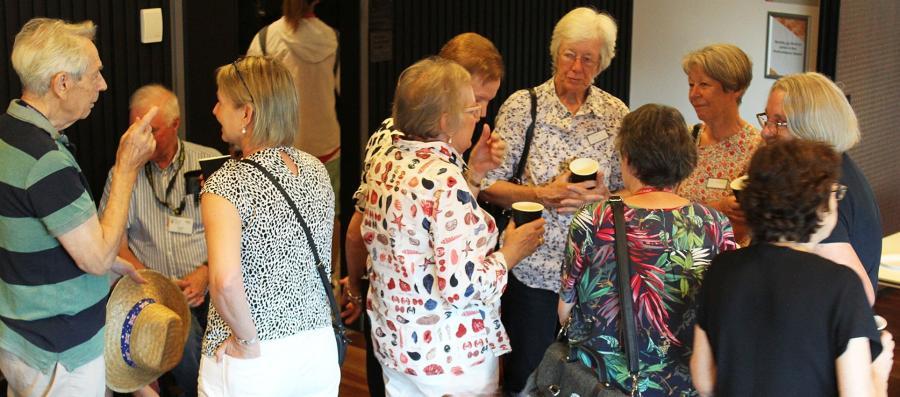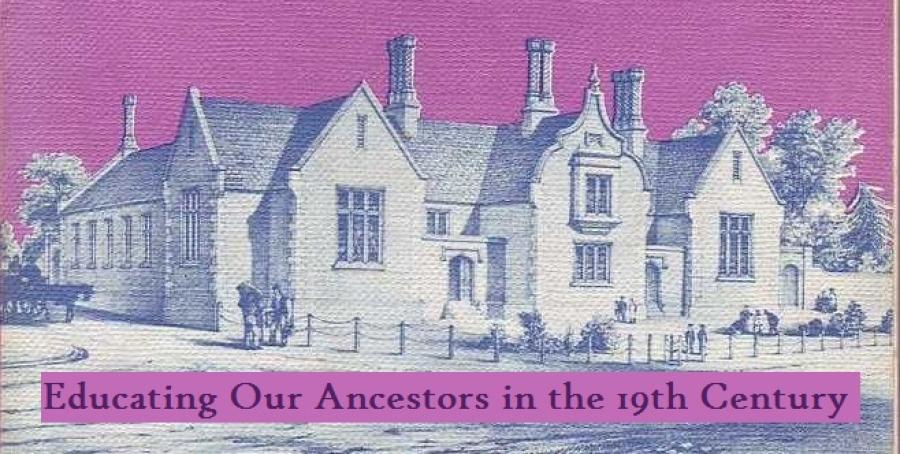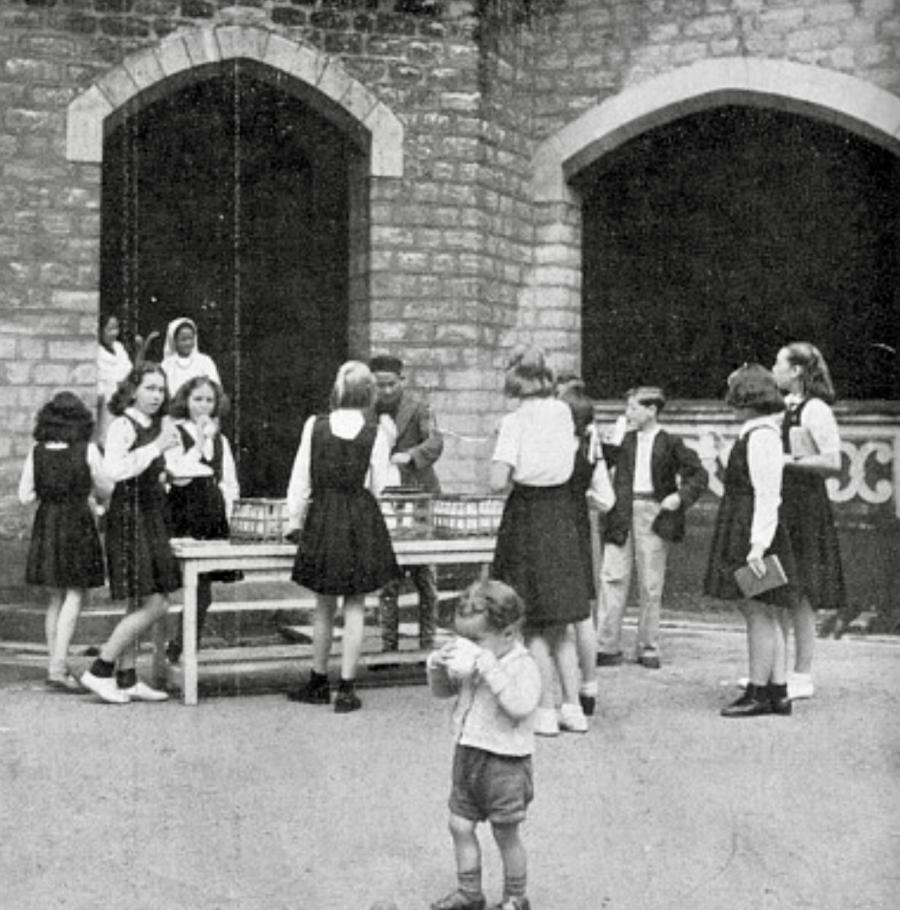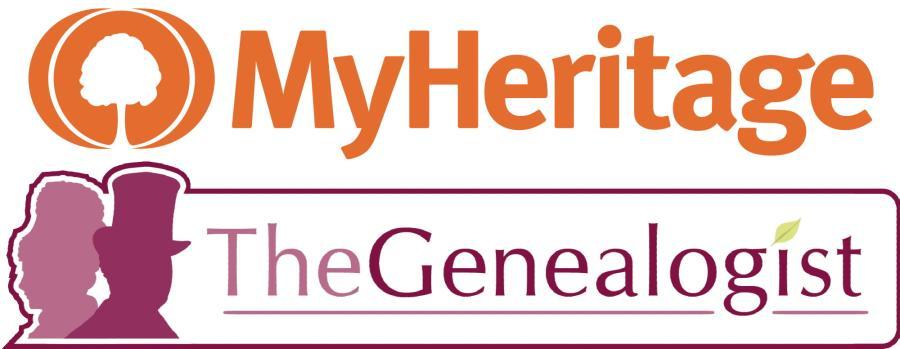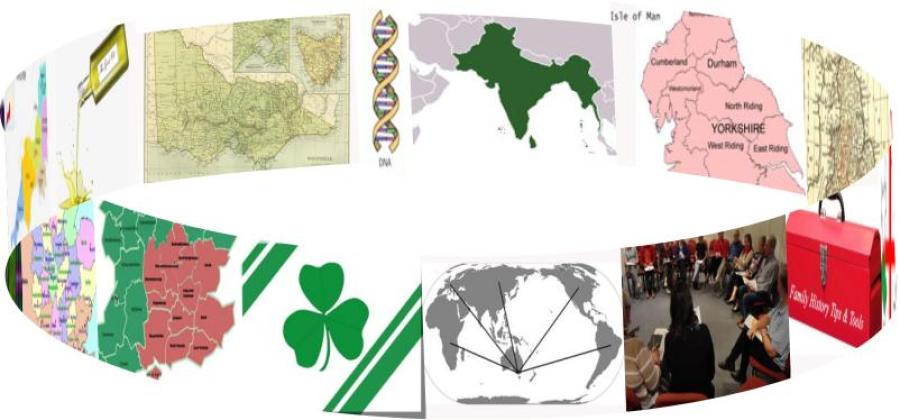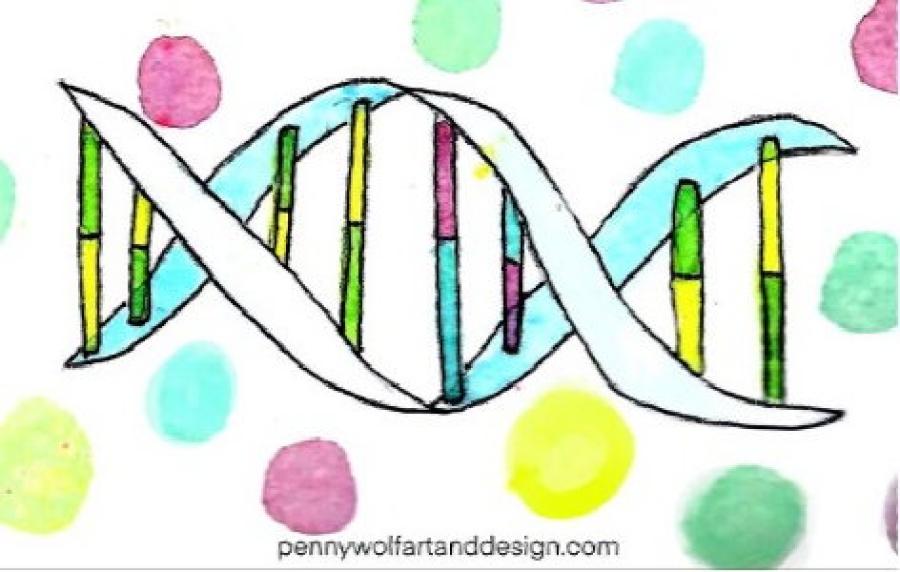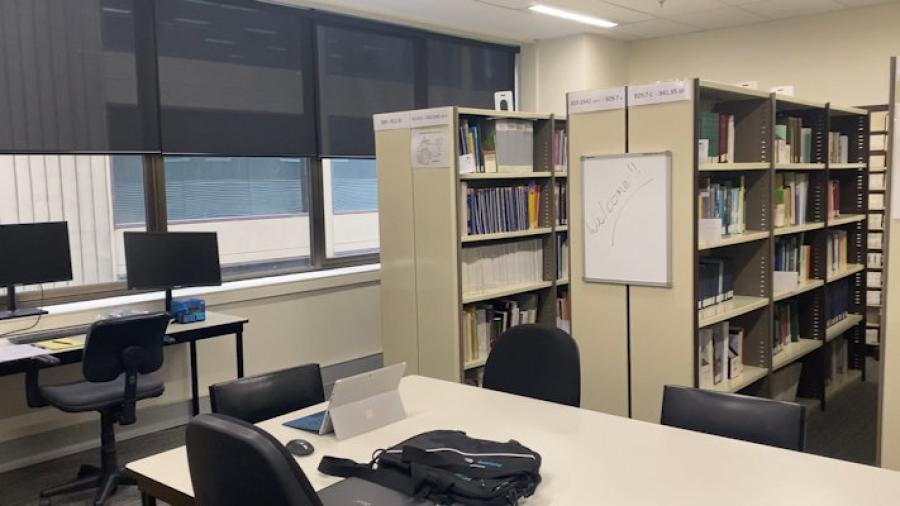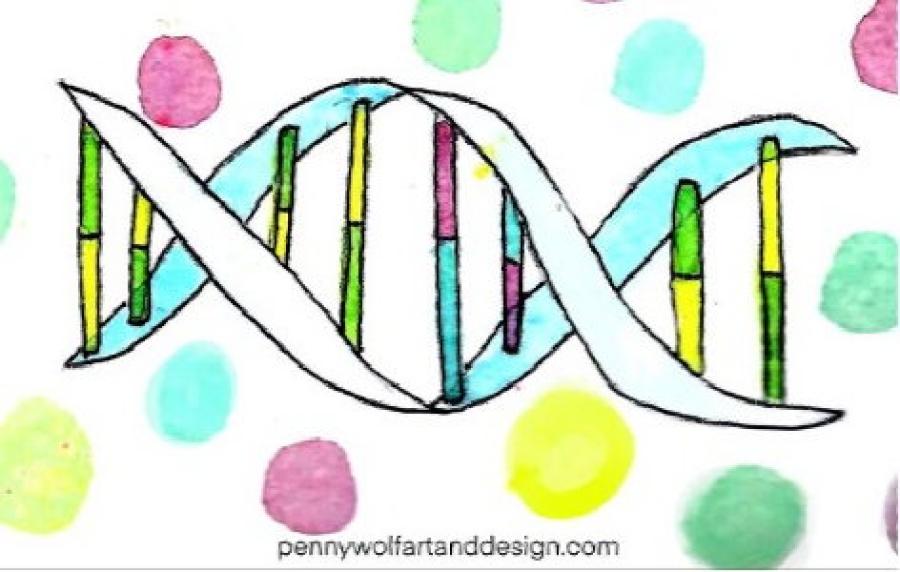“Exotic” DNA in your DNA profile?
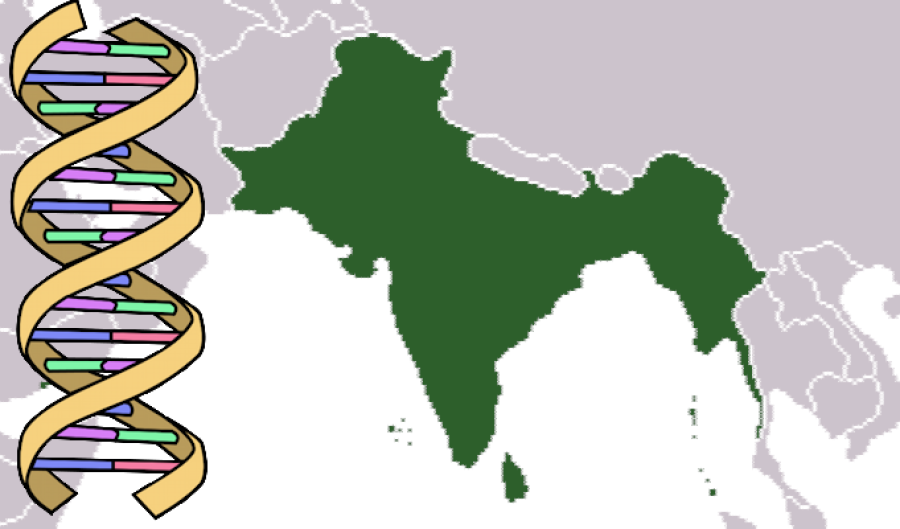
Do you have some fractions of “exotic” DNA in your DNA profile? Has that been a bit of a surprise to you? Should you take these small parcels seriously, or are they a bit of an anomaly that it is best to ignore? Are you surprised, disappointed or puzzled by your ethnicity results? Or when you think about it, do they begin to make sense?
The British in India discussion circle talk by Alan Rhodes, “Fractions of ‘exotic’ ethnicities” will be on Tuesday, 18th June 730 – 9.00 pm by Zoom. All GSV members are welcome. Free of charge. Don’t forget to log in and register.
Alan’s talk is likely to be of interest to other GSV members who have small amounts of “exotic” DNA in their profiles or would like to better understand their unexpected ethnicity results. While the context is the mixing of Indian genes with European genes, the focus of Alan’s talk will be applicable to other ethnic mixes. If you are interested, do join us!
Alan plans to cover:
- What is ethnicity? And how is it calculated? Why do results change from time to time? Why does ethnicity differ from site to site? Why do siblings’ ethnicity results differ?
- Why do ethnicity results often only partially or barely reflect known ancestry?
- What do ethnicity results show and how do you read them?
- Are traces of ‘exotic’ ethnicity real parts of my inheritance?
- How can we use ethnicity to trace our family history?
- The session will present several case studies using ethnicity to research family history.
There will be a chance for questions but Alan would like to point out that he cannot give detailed responses to specific questions about participants’ DNA profiles.
The British India Discussion Circle is for GSV members researching their family history in India between 1599 and Independence in 1947.


